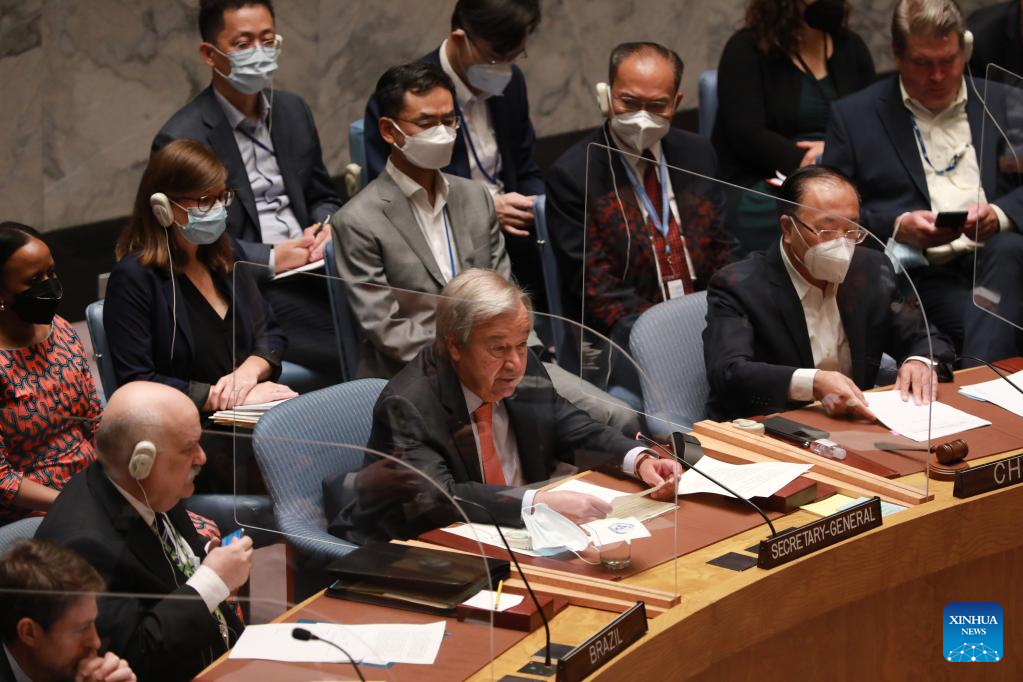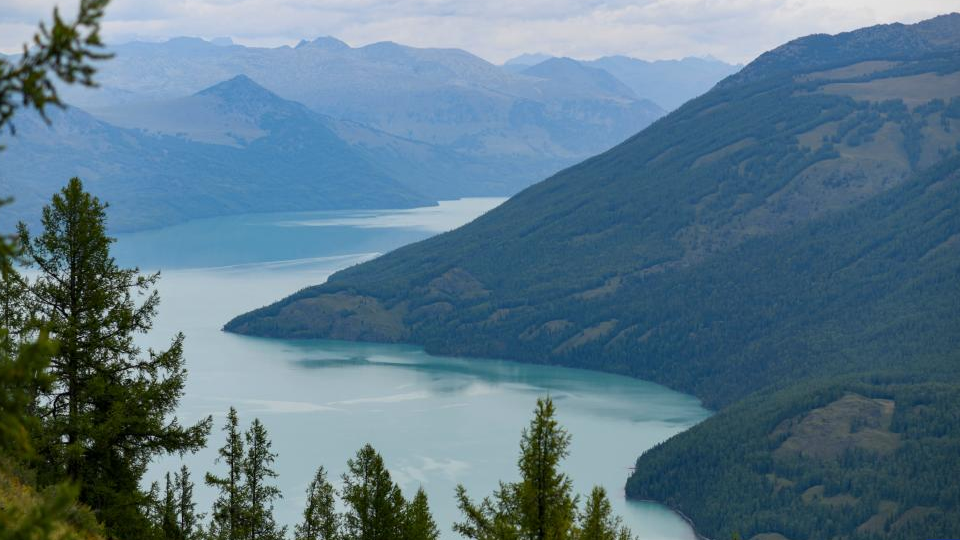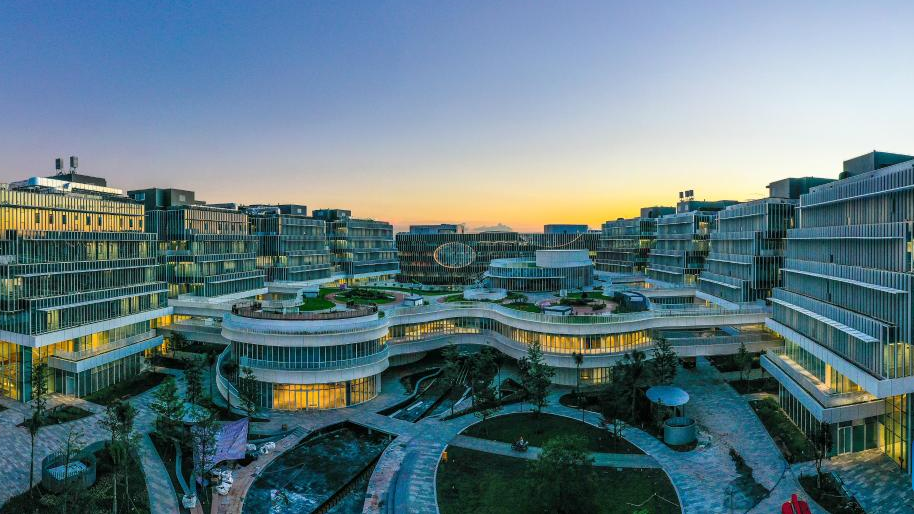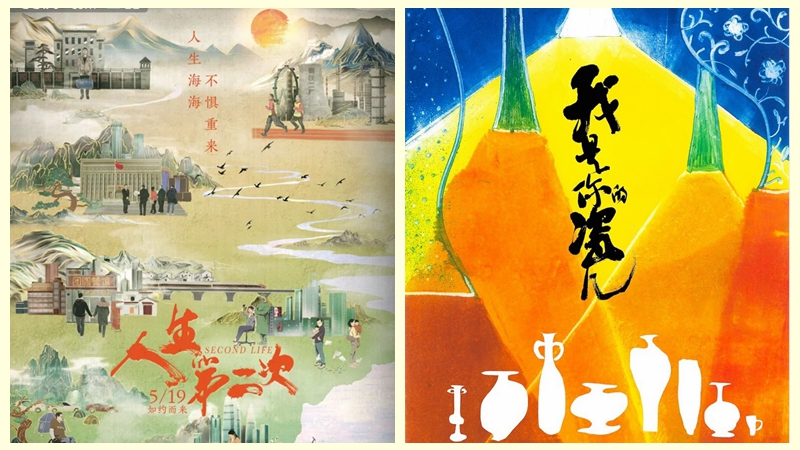UN chief calls for new global consensus on cooperation to ensure collective security

UN Secretary-General Antonio Guterres (C, Front) speaks at a Security Council briefing on promoting common security through dialogue and cooperation at the UN headquarters in New York, on Aug. 22, 2022. Guterres on Monday stressed the need to reforge a global consensus around the cooperation required to ensure collective security. (Xinhua/Xie E)
UNITED NATIONS, Aug. 22 (Xinhua) -- UN Secretary-General Antonio Guterres on Monday stressed the need to reforge a global consensus around the cooperation required to ensure collective security.
"Our collective security demands that we seize every moment to forge a common understanding of the threats and challenges before us -- and most importantly, to shape united responses to them," he told a Security Council briefing on promoting common security through dialogue and cooperation.
"As the focus of this briefing makes clear, the path to peace is forged by dialogue and cooperation," he said.
The Security Council represents a vital part of the process of peace and prevention. But today's collective security system is being tested like never before, said Guterres.
"Our world is riven by geopolitical divides, conflicts and instability. From military coups to inter-state conflicts, invasions, and wars that stretch on year after year. Lingering differences between the world's great powers, including at this council, continue to limit our ability to collectively respond. Humanitarian assistance is stretched to the breaking point. Human rights and the rule of law are under assault. Trust is in short supply," he said.
"Many of the systems established decades ago are now facing challenges that were unimaginable to our predecessors -- cyberwarfare, terrorism, and lethal autonomous weapons. And the nuclear risk has climbed to its highest point in decades," he added.
The tools that have kept humanity from catastrophic world wars are more important than ever. But they must be fit for today's rapidly deteriorating international peace and security environment, he said. "We need to reforge a global consensus around the cooperation required to ensure collective security, including the work of the United Nations."
He highlighted his proposal for a New Agenda for Peace contained in his report on Our Common Agenda.
The New Agenda for Peace explores the diplomatic toolbox of the UN Charter to end conflicts, especially Chapter VI's provisions around negotiation, inquiry, mediation, conciliation, arbitration and judicial settlement, as well as a focus on prevention and peacebuilding, he said.
The ongoing 10th Review Conference of the Parties to the Treaty on the Non-Proliferation of Nuclear Weapons must demonstrate that progress is possible. Countries with nuclear weapons must commit to the "no first use" of those weapons. They must also assure states that do not have nuclear weapons that they will not use -- or threaten to use -- nuclear weapons against them, and be transparent throughout. Nuclear saber-rattling must stop. There is a need for all states to recommit to a world free of nuclear weapons and to spare no effort to come to the negotiating table to ease tensions and end the nuclear arms race, once and for all, said Guterres.
"Humanity's future is in our hands today. At this moment of maximum danger for our world, now is the time to recommit to the UN Charter and the ideals it represents. There is no greater solution to fulfill the charter's promise to 'save succeeding generations from the scourge of war' than to replace division with dialogue and diplomacy, to negotiate and compromise, and to hold ourselves accountable for the future," he said.
"This council, and this organization representing the nations of the world, are humanity's best hope to build a better, more peaceful tomorrow. As we develop our New Agenda for Peace, let's show that we've learned from the lessons of the past. Let's re-commit to the eternal tools of peace -- dialogue, diplomacy and mutual trust," said the UN chief.
Photos
Related Stories
Copyright © 2022 People's Daily Online. All Rights Reserved.









